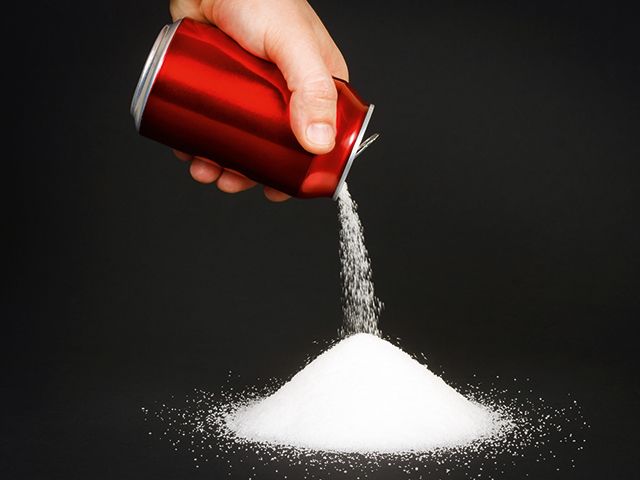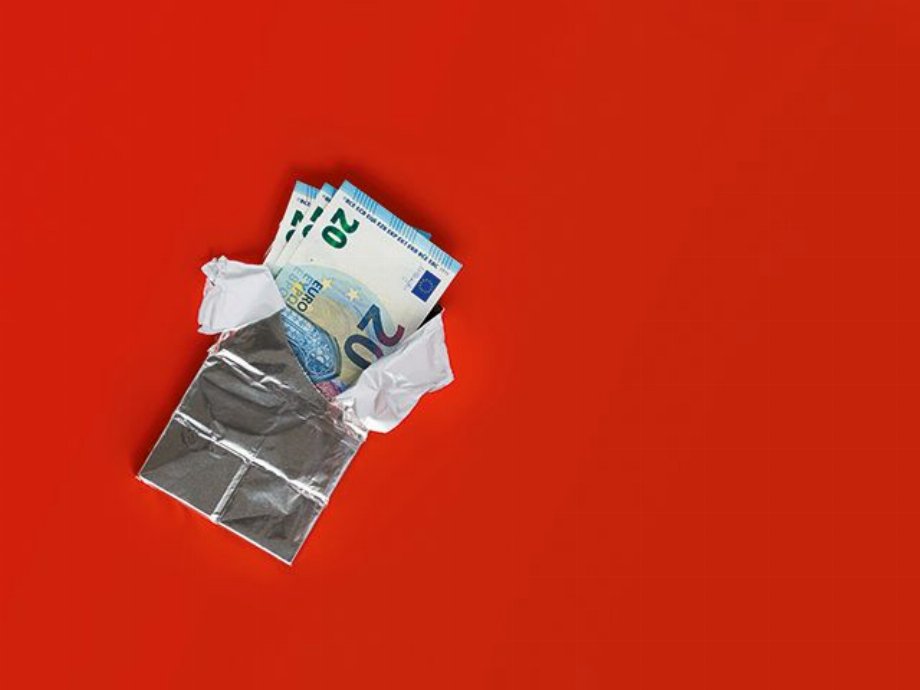STEVEN WRIGHT, a US comedian, actor and writer once said: “I went to a bank and asked to borrow a cup of money. They said: ‘What for?’ I said: I’m going to buy some sugar.” There is a lot of truth in this. Sugar has experienced rapid growth of consumption in developed countries, including Poland. In 2015, consumption per average Pole was 40.5kg, while in 2018, it reached a record value of 51kg. Meanwhile, many studies have indicated that excessive sugar consumption is responsible for many diseases, including the increasing number of adults suffering from diabetes. The effect of the increasing consumption of sugar, ‘hidden’ in products such as some beverages and juices, is an obesity epidemic – half of Poles are overweight. It is a disease that develops most often due to a poor diet and insufficient physical activity. At the beginning of 2020, the Polish government looked at the issue of unhealthy, excessive sugar-containing diet, convinced that unhealthy food should be taxed. The bill adopted by the Polish parliament in February introduced a fee of PLN 1 on each bottle of alcohol sold up to 300ml, as well as a fee of PLN 0.80 for a sweetened drink, in addition to a fee for advertising dietary supplements. The changes are expected to come into force in April and add about PLN 3 billion to the Treasury. Officials have argued that healthy food is definitely more expensive than junk food and most societies are guided by the price when doing shopping. The introduction of the new tax may, even partially, offset these differences.
SUGAR TAX JUSTIFIED?
According to experts, the sugar tax is reminiscent of the cigarette tax levied around the world and intended to reduce consumption and increase the income for medical care needed to treat people suffering from smoking-related diseases. So far, a lot of countries around the world have already introduced sugar taxes on beverages in different ways – directly, by increasing the cost of all beverages, or indirectly, by prompting manufacturers to reformulate ingredients of products or change product lines by introducing healthier alternatives. The question is, does this kind of interference in personal choices concerning food have a justification other than the constant need of states to pump up their budgets? Years ago, we were convinced that fat is the source of our health problems. So, for many years, margarine and skimmed milk were more popular than butter. Over the years, however, we found out fat was not bad at all and that many of the low-fat foods we consumed had no nutritional value and were worse for our health. Some eating habits that we adopted to replace fat have harmed us. For example, consuming too many grams of carbohydrates essentially means far too much … sugar.
Sugar taxes imposed in other countries showed a slight short-term decline in the consumption of sugar-containing products. In four countries that have introduced sugar taxes in recent years – Denmark, France, Hungary and Mexico – the average mean body mass index (BMI) and obesity level have increased or remained the same. There is no evidence that sugar taxes have helped lower BMI or obesity. Since the new tax is being introduced under the guise of caring for citizens who eat junk food and sip orangeade, cola or lemon-lime-flavored non-caffeinated soft drink, it is not about reducing consumption of harmful excessive sugar. The state does not count on this. It counts on extra cash. In addition, the sugar tax is regressive and hurts the poor. People and families from lower-income groups spend a large portion of their wages on food, often of inferior quality than people on higher incomes. It is those poorer people who will be affected by the tax.
Emphasis on the taxation of sweetened beverages is just the first step. The next one may be a tax on a sweet latte, hot chocolate, ice cream containing sugar, beverages based on milk or chocolate. It is only a matter of time before lobbyists dealing with public health might begin to demand taxation on other products containing salt – which is equally harmful and lavished generously by the food industry, white flour and meat. White flour, white sugar, white salt form the unholy trinity of products infamously called “white death”.

DEEP DILEMMA
American macroeconomist Greg Mankiw claims that sugar tax is a model “sin tax” because it does not directly affect others, but discourages from consuming the tempting and sweet beverages. “Sin taxes” are a type of excise duty levied on certain goods considered harmful to society. They are used to increase the price in order to limit the use of not very healthy products. Essentially, the purpose of sin taxes is to protect an individual from themselves. Paradoxically, Mankiw also notes that the situation is quite the opposite of what is expected – the average consumer lives a healthy lifestyle, so there may be healthcare costs associated with these “added” years of life. Healthy consumers live longer, so they cost the system more than those who die sooner. However, the problem is deeper. Can we call obesity a public health problem? We can ask an even more intriguing question – is obesity, and also exercising or playing sports, a personal or public matter? In this view, eating junk food, which causes obesity, a public health problem analogous to the spread of typhus or tuberculosis? Especially, in the world of commercials, and social and consumer pressure?
Sugar-sweetened beverages, including carbonated and juices, are legal products that are not dangerous and, therefore, will not necessarily lead to negative health effects. Dietary decisions are very complex. People who like carbonated beverages might follow a healthier lifestyle than people who don’t drink sugary beverages. People encouraged to drink fewer sugar-sweetened beverages can compensate for the consumption of sugar from other sources, which may be even higher in sugar, calories or other ingredients that are harmful to health. The belief that we can impose the ‘right’ food choices on society and individuals is arrogant and completely ignores the complexity of diet.




















